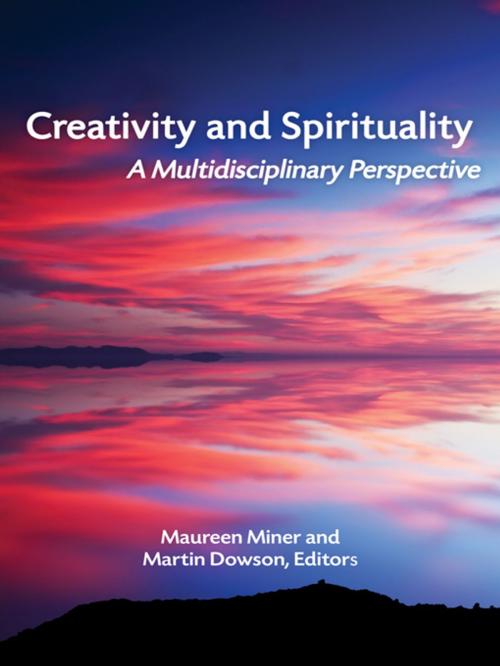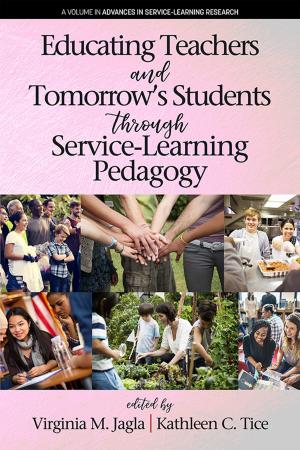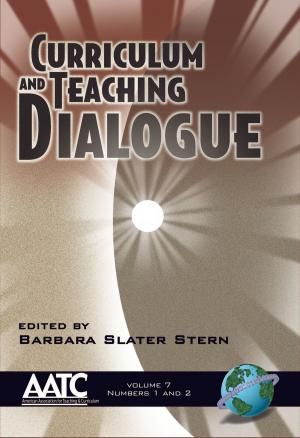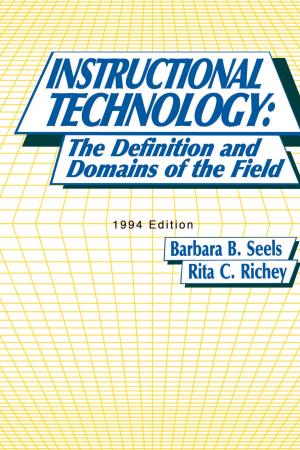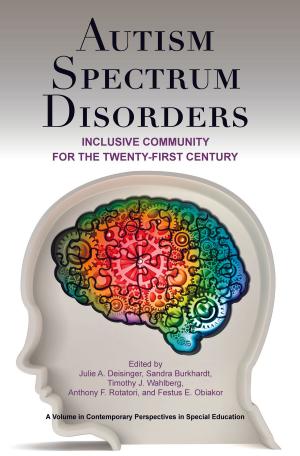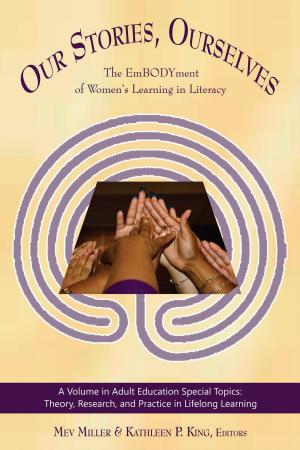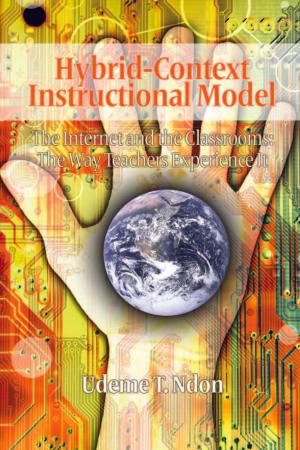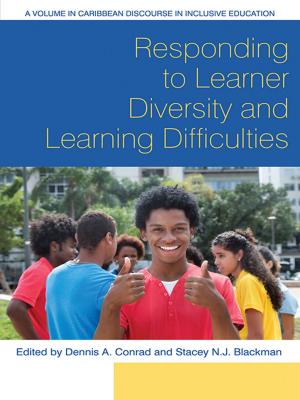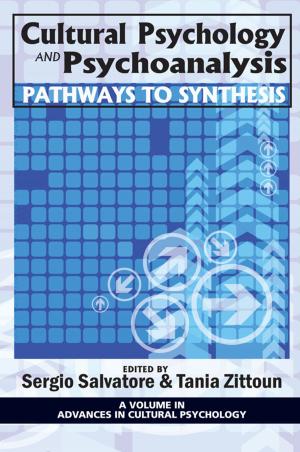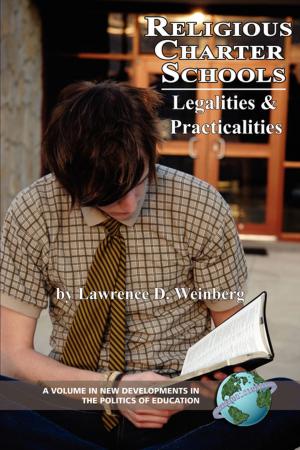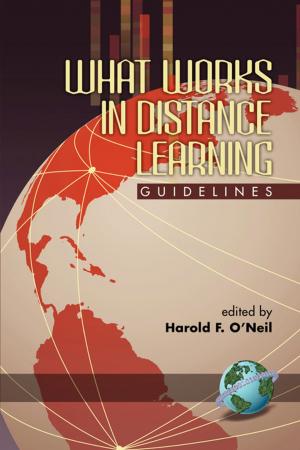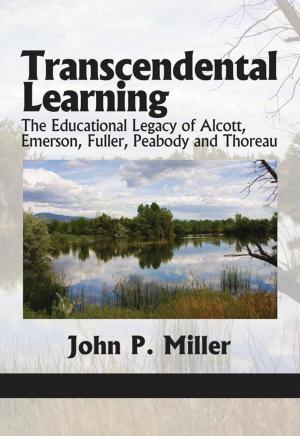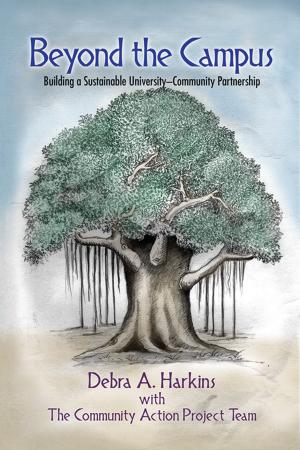Creativity and Spirituality
A Multidisciplinary Perspective
Nonfiction, Health & Well Being, Psychology, Creative Ability, Reference & Language, Education & Teaching, Higher Education, Religion & Spirituality, Inspiration & Meditation, Spirituality| Author: | ISBN: | 9781681236650 | |
| Publisher: | Information Age Publishing | Publication: | February 1, 2017 |
| Imprint: | Information Age Publishing | Language: | English |
| Author: | |
| ISBN: | 9781681236650 |
| Publisher: | Information Age Publishing |
| Publication: | February 1, 2017 |
| Imprint: | Information Age Publishing |
| Language: | English |
The volume was developed to address conceptual, relational and formational questions around the phenomena of creativity and spirituality from a multidisciplinary perspective. We acknowledge the complexity of each phenomenon, and the need for multiple perspectives, in a number of ways. First, different chapters are written from psychological, theological or philosophical perspectives. Second, multiple research perspectives are considered across empirical and phenomenological methods of inquiry. Finally, multiple associations between creativity and spirituality are evaluated. From such multiple perspectives the theme of this volume emerges. Both creativity and spirituality are important for individual and societal flourishing but we know little about fostering both in the 21st century. Some ways of fostering them are psychologically harmful and need to be avoided. New ways of protecting people as they engage in creative and spiritual endeavours are needed. In particular, formal training in both creativity and spirituality within the sphere of higher education should be developed in the light of current research. However, new research that integrates multiple perspectives and examines creativity and spirituality together is needed for training that avoids harm and promotes individual and social flourishing. The book will be valuable for educators in all disciplines of higher education because it justifies and explicates training in creativity and spirituality within all areas of higher education. Further, it discusses how such training might best be included within andragogical practice. The book will be useful for researchers of creativity and spirituality because it gives an overview of contemporary research issues and findings, and proposes a new philosophical? theological perspective for integrative research in these areas. Students in fields of creativity, theology and spirituality will use the book as a synthesis of contemporary theories and research relating to both creativity and spirituality and for direction in post?graduate research. More broadly, Christians and others who appreciate the creative and performing arts will find much to challenge their thinking and deepen their awareness of spirituality within human creativity.
The volume was developed to address conceptual, relational and formational questions around the phenomena of creativity and spirituality from a multidisciplinary perspective. We acknowledge the complexity of each phenomenon, and the need for multiple perspectives, in a number of ways. First, different chapters are written from psychological, theological or philosophical perspectives. Second, multiple research perspectives are considered across empirical and phenomenological methods of inquiry. Finally, multiple associations between creativity and spirituality are evaluated. From such multiple perspectives the theme of this volume emerges. Both creativity and spirituality are important for individual and societal flourishing but we know little about fostering both in the 21st century. Some ways of fostering them are psychologically harmful and need to be avoided. New ways of protecting people as they engage in creative and spiritual endeavours are needed. In particular, formal training in both creativity and spirituality within the sphere of higher education should be developed in the light of current research. However, new research that integrates multiple perspectives and examines creativity and spirituality together is needed for training that avoids harm and promotes individual and social flourishing. The book will be valuable for educators in all disciplines of higher education because it justifies and explicates training in creativity and spirituality within all areas of higher education. Further, it discusses how such training might best be included within andragogical practice. The book will be useful for researchers of creativity and spirituality because it gives an overview of contemporary research issues and findings, and proposes a new philosophical? theological perspective for integrative research in these areas. Students in fields of creativity, theology and spirituality will use the book as a synthesis of contemporary theories and research relating to both creativity and spirituality and for direction in post?graduate research. More broadly, Christians and others who appreciate the creative and performing arts will find much to challenge their thinking and deepen their awareness of spirituality within human creativity.
